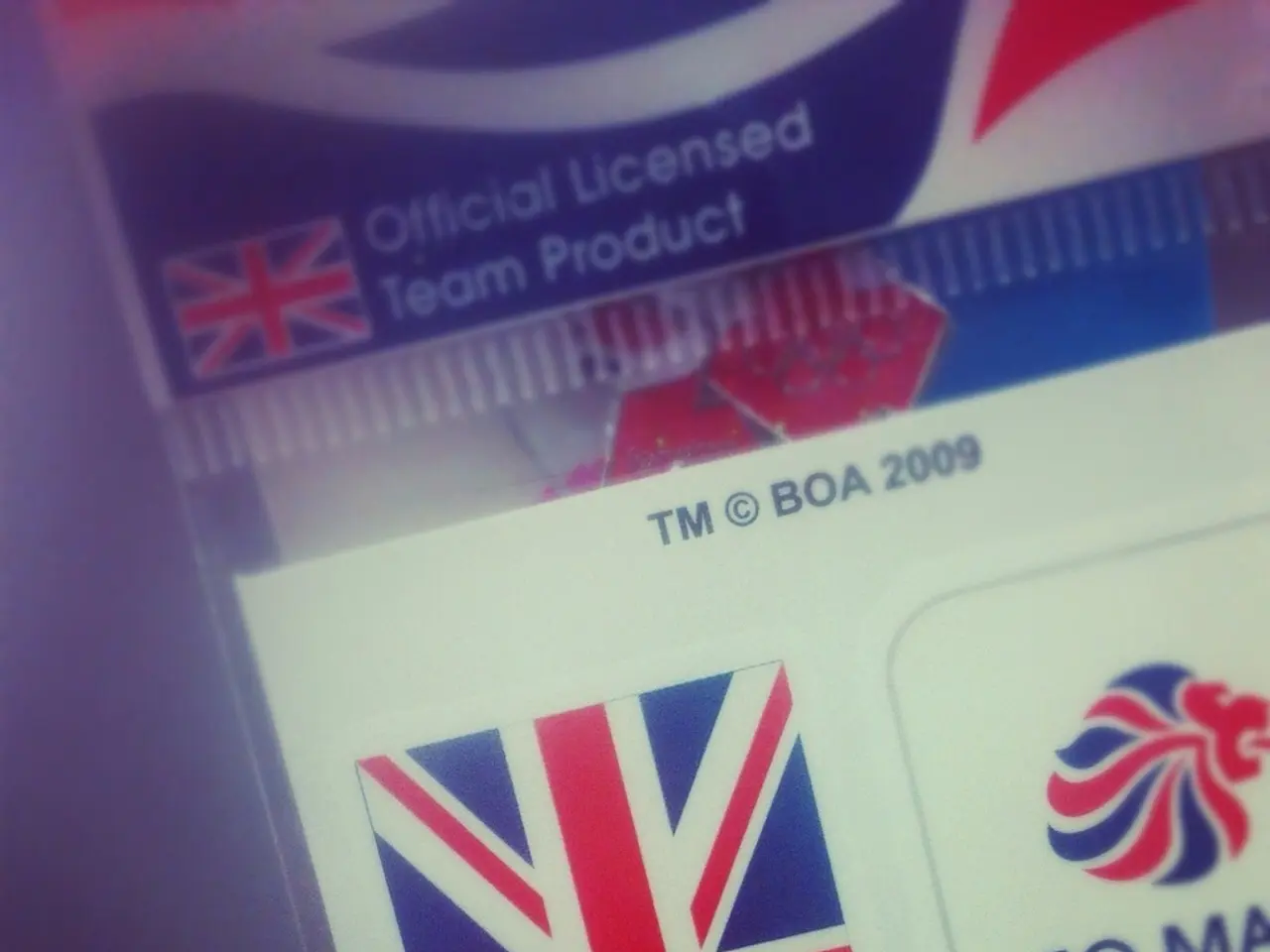Picking a BPS-Certified Examiner for Your Polygraph Examination Matters Significantly
In the realm of lie detection, selecting a British Polygraph Society (BPS)-registered examiner can make all the difference. This choice ensures adherence to the highest ethical standards, reliability, and integrity of the examination process.
The BPS, established in 2015, is dedicated to promoting ethical practices in polygraph testing and supporting examiners' professionalism. The organisation sets stringent ethical standards for its members, emphasising respect for subjects' rights, integrity in reporting, and adherence to guidelines for conducting polygraph examinations.
Registered examiners undergo rigorous training and continuous professional development to ensure expertise and accuracy in lie detection. They are carefully vetted and comply with standardised procedures, including proper consent protocols and comprehensive documentation, further ensuring quality and accountability.
Choosing a BPS-registered examiner offers several benefits. Firstly, it provides peace of mind, as the examination will be conducted with the highest levels of professionalism, ethics, and expertise. Secondly, it eliminates any financial incentives for the examiner to skew the results, as the fees are not influenced by the outcome of the test.
By prioritising the involvement of a BPS-registered examiner, you take a crucial step toward maintaining the integrity of the profession. This choice is often recognised and respected within legal circles, as many courts, law enforcement agencies, and government organisations require or prefer the involvement of BPS-registered examiners in cases where polygraph testing is employed.
In conclusion, choosing a BPS-registered examiner is crucial for uncovering the truth accurately and fairly in a polygraph examination. The BPS investigates disputes or concerns about the conduct or results of a polygraph examination, and examiners are subject to oversight and accountability mechanisms by the British Polygraph Society. This peace of mind can make a significant difference when seeking the truth in a personal or legal matter.
- The British Polygraph Society (BPS) established in 2015, aims to uphold ethical practices in polygraph testing and support the professionalism of its examiners.
- Registered examiners undergo rigorous training and continuous professional development to ensure they have expertise and accuracy in lie detection through technology.
- BPS-registered examiners adhere to guidelines for conducting polygraph examinations, respecting subjects' rights, ensuring integrity in reporting, and following proper consent protocols and comprehensive documentation.
- Choosing a BPS-registered examiner can provide peace of mind, as it guarantees the highest levels of professionalism, ethics, and expertise in lie detection, making it a crucial step toward maintaining the integrity of the profession.
- In cases where polygraph testing is employed, many courts, law enforcement agencies, and government organisations require or prefer the involvement of BPS-registered examiners, recognizing their unwavering adherence to ethical and scientific standards.
- The BPS investigates disputes or concerns about the conduct or results of a polygraph examination and examiners are subject to oversight and accountability mechanisms, ensuring that the polygraph test results are both accurate and fair.




